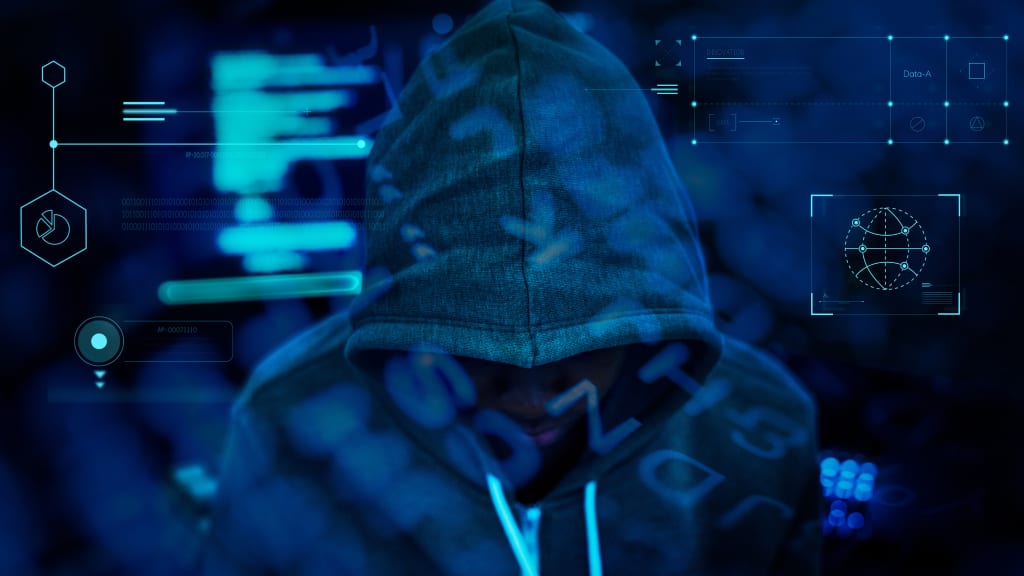What Is The Role Of Security Risk Audit Compliance
Security Risk Audit

What Is The Role Of Security Risk Audit Compliance:
It is the responsibility of security risk audit compliance to assess and validate that an organization's security practices and processes comply with all applicable laws, industry standards, and internal regulations. Conducting audits, reviews, and assessments is important to identify potential security risks, evaluate the effectiveness of the current controls, and make necessary improvements to maintain compliance.
Several essential elements of compliance with security risk audits:
Assessing Compliance: The foundation of a security risk audit's compliance analysis is the evaluation of a company's adherence to relevant laws, industry standards, and internal rules. To make sure that security processes adhere to the standards set by regulating bodies, thorough evaluations are necessary. The General Data Protection Regulation (GDPR), banking sector standards like the Payment Card Sector Data Security Standard (PCI DSS), and specific contractual responsibilities are a few examples of laws and regulations governing data protection. Organizations are carefully scrutinized by auditors to see if the right controls, procedures, and safety precautions have been taken to comply with the rules.
Identifying Risks: A key responsibility of security risk audit compliance is the identification of potential risks and vulnerabilities that could expose organizations to security breaches or unauthorized access. Auditors assess an organization's systems, processes, and infrastructure using a range of approaches. Risk analysis, code reviews, penetration testing, and vulnerability scanning are some of these analyses. With the use of these evaluations, auditors are able to pinpoint weak points like obsolete software, inadequate access restrictions, risky setups, or poorly educated people. By identifying risks, which provides them with vital information about the threats they face, organizations can take proactive measures to strengthen their security posture.
Controls Evaluation: In order to ensure effective security risk management, auditors evaluate the company's current controls. Because they are designed to lower known risks, technical measures, regulations, procedures, and practices are all forms of controls. Auditors assess the effectiveness of these controls and determine if they meet the appropriate standards. Evaluation options include looking at things like staff training programs, access limitations, encryption technologies, intrusion detection systems, and incident response procedures. By closely reviewing them, auditors can assess whether these controls adequately handle the risks mentioned and assist in the upkeep of a secure environment.
Recommending Improvements: Based on their evaluations, auditors recommend improvements and best practices to strengthen a company's security posture. These recommendations can include incorporating cutting-edge security technologies, expanding staff training programs, modernizing policies and procedures, adding new controls, upgrading existing controls, and modernizing processes. Recommendations often adhere to standards set by the industry and recent advancements in cybersecurity. They are specially made to address the threats and weaknesses identified during the evaluation stage. The idea is to provide organizations with actionable strategies they can use to bolster their security defenses and decrease their susceptibility to intrusions.
Facilitating Remediation: Complying with security risk audits involves not only detecting vulnerabilities and making recommendations- but also cooperating with management and IT teams to address any faults that are discovered. The close coordination of auditors and significant stakeholders ensures the prompt execution of remedial actions. This may include establishing a plan for improvement, assigning funds, and ranking corrective actions in order of importance. Auditors play a crucial role in facilitating the remediation process by providing guidance, assistance, and experience to ensure that the identified risks are successfully mitigated.
Conclusion:
In today's complex cybersecurity landscape, security risk audit compliance is crucial for organizations to maintain a secure and compliant environment. By analyzing compliance, identifying risks, assessing controls, recommending improvements, and supporting remedies, security risk audit compliance helps to protect sensitive information, maintain regulatory compliance, and grow stakeholder confidence.
Security risk audit compliance, a vital task within organizations, ensures the safety of priceless assets as well as compliance with legal and regulatory standards. Prioritizing compliance with security risk audits allows organizations to proactively identify vulnerabilities, manage risks, and strengthen their security posture, which reduces the risk of security breaches and maintains the trust of stakeholders.





Comments (1)
Informative blog with most of the logical reasoning! With my research I found a very reliable blockchain cyber attack protection company - Vibranium Audits. It helps you to protect your blockchain network from cyber attacks, with smart contract auditor's security best practices. For more information visit us at - https://www.vibraniumaudits.com/ Contact us at - [email protected]